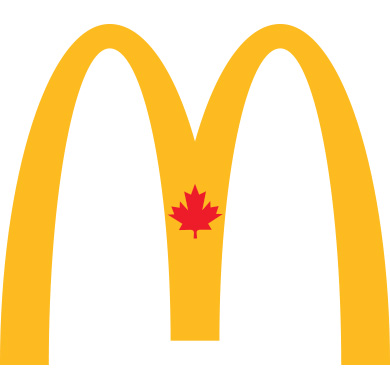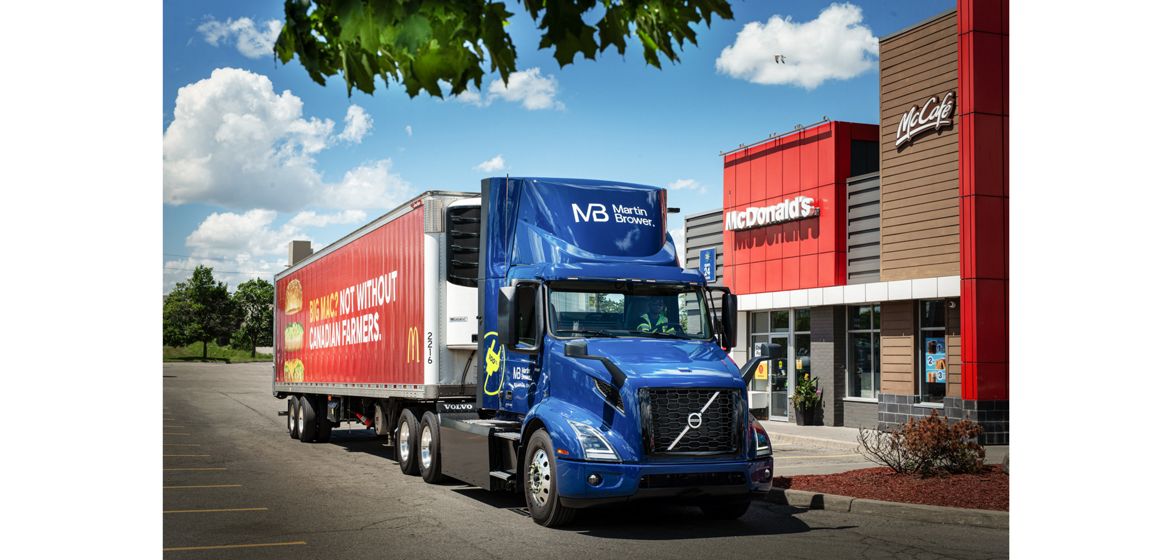McDonald’s Canada adds EVs to distribution fleet
06-27-2024
Ten additional Volvo VNR Electric vehicles operated by Martin Brower will support delivery to selected McDonald’s restaurants in the greater Montreal area and greater Toronto areas.
McDonald’s Canada announced today that its supply chain distribution partner, Martin Brower, is taking delivery of ten additional electric vehicles that will support food and beverage deliveries to selected McDonald’s restaurants in the greater Montreal area and greater Toronto areas.
The first Class 8 Volvo VNR Electric tractor to service McDonald’s restaurants in North America was part of a trial in the Montreal area, to assess the heavy-duty battery-electric vehicle’s ability to handle routine routes and large product loads. Following this initial trial, McDonald’s Canada and Martin Brower collaborated to deploy ten more Volvo VNR Electric vehicles.
“After two years with the Volvo VNR Electric tractor on the road, we are pleased to see more electric vehicles added to the fleet serving McDonald’s restaurants in the trial areas, as we work towards our global pledge to achieve net-zero greenhouse gas emissions by 2050” said Hope Bentley, Head of Supply Chain, McDonald’s Canada. “Even though customers won’t notice any difference in their favourite order, McDonald’s is taking action behind the scenes to help make an impact in the communities we serve, for the planet we share.”
The addition of these electric vehicles expands the trial of alternative-fuel vehicles in the supply chain distribution fleet, which are being tested to assess the feasibility of using these vehicles to deliver to restaurants in Canada, where possible. In BC, Martin Brower is testing seven renewable natural gas*-fueled tractors serving selected McDonald’s restaurants.” Globally, McDonald’s has committed to achieve net zero emissions across its operations by 2050.
*Renewable Natural Gas (as defined by FortisBC) is produced in a different manner than conventional natural gas. It is derived from biogas, which is produced from decomposing organic waste from landfills, agricultural waste and wastewater from treatment facilities. The biogas is captured and cleaned to create Renewable Natural Gas (also called biomethane).

